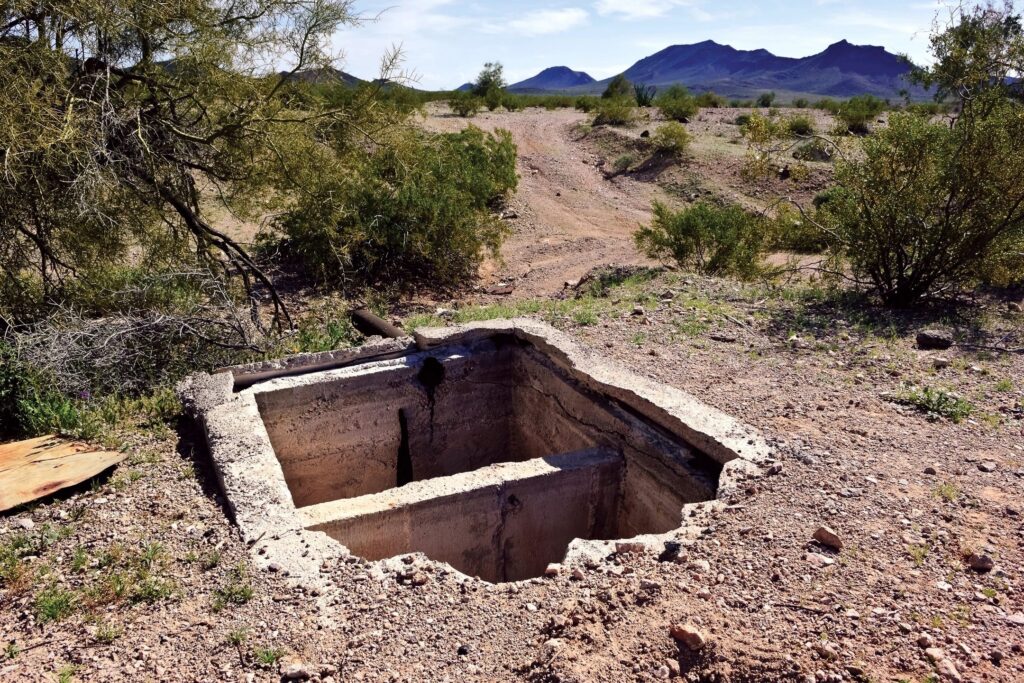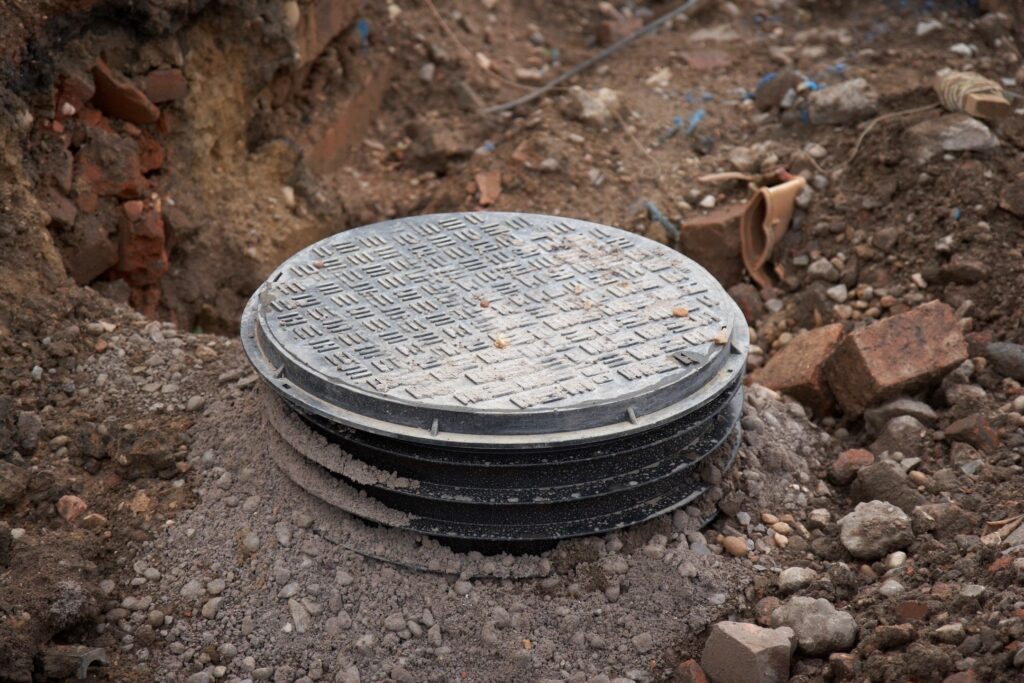
Preparing your home for a well and septic inspection is a smart and proactive step in ensuring the health and efficiency of your water systems. Proper preparation can help streamline the inspection process, identify potential issues, and ensure that your well and septic systems are in top condition. In this blog post, we'll provide practical advice to homeowners on how to prepare their property for a well and septic inspection, with valuable insights from EFS Building Services.
- Access Points:
- Ensure that the access points to your well and septic system are clear and easily accessible. Remove any obstacles or debris around the wellhead, septic tank lids, and the drain field.
- Records and Documentation:
- Gather all relevant records and documentation related to your well and septic system. This may include maintenance records, past inspection reports, and any permits or compliance documentation. Having these on hand can help the inspector assess the history and condition of your systems more accurately.
- Maintenance and Repairs:
- Address any known maintenance or repair issues before the inspection. If you've noticed low water pressure, unusual noises, or other signs of problems, it's a good idea to have these issues evaluated and resolved by professionals like EFS Building Services.
- Clear Communication:
- Be prepared to communicate openly with the inspector about any concerns or issues you've experienced with your water systems. Providing this information can help them focus on specific areas of concern during the inspection.
- Ask Questions:
- Don't hesitate to ask questions and seek clarification during the inspection process. A knowledgeable inspector, such as those at EFS Building Services, will be happy to provide insights and guidance on maintaining your well and septic systems.
- Be Present During the Inspection:
- Whenever possible, be present during the inspection. This allows you to learn more about your systems, gain valuable insights into their condition, and discuss any findings or recommendations directly with the inspector.
- Follow Recommendations:
- After the inspection is complete, follow any recommendations or maintenance tasks provided by the inspector. Addressing these suggestions promptly can prevent future issues and prolong the life of your well and septic systems.
Preparing your home for a well and septic inspection is a proactive way to ensure the health and efficiency of your water systems. By following these tips and seeking guidance from experienced professionals like EFS Building Services, homeowners can ensure a smooth and successful inspection process, allowing them to enjoy safe and reliable water systems for years to come.


